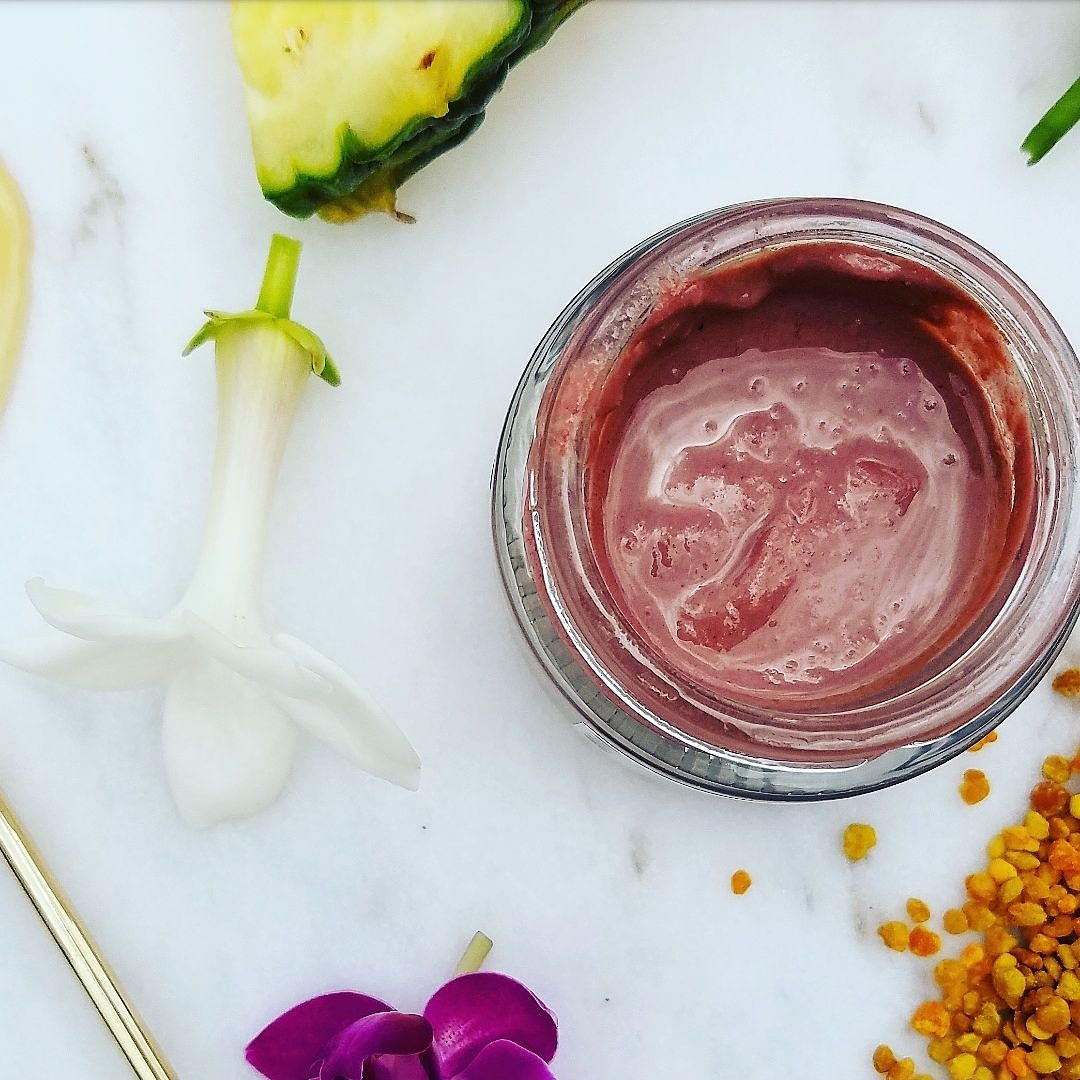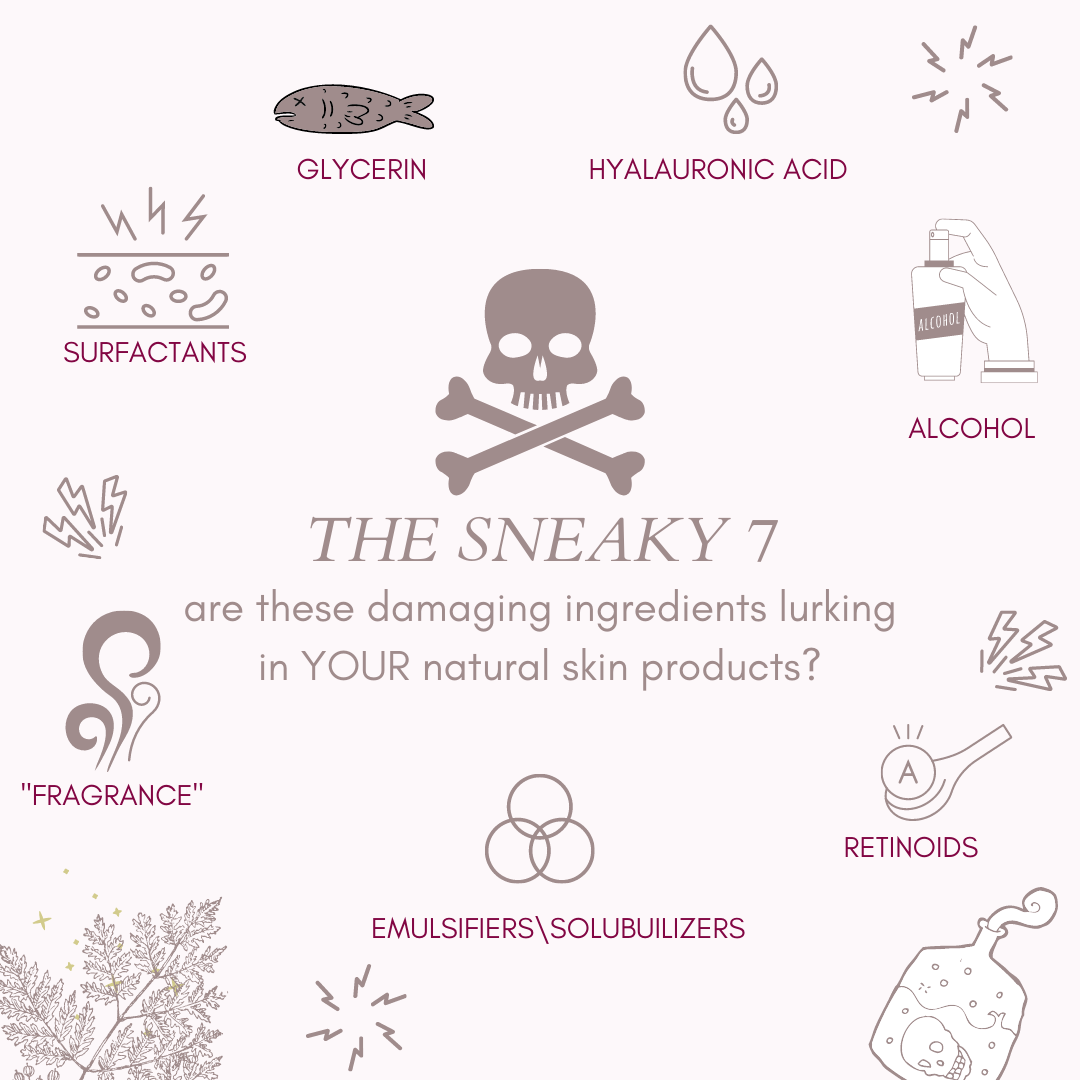
There's a few ingredients often found in natural brands that we refuse to use, because frankly, they don't meet our standards for your skin. These are low-quality, low-nourishing ingredients, many of which are irritating and damaging to the skin barrier over time. We only use nourishing and supportive ingredients that play an active roll in the benefits of the formula. Additives like this simply displace good ingredients.
For example, we package our oils and hydrosols separately instead of formulating them into a lotion or cream, removing the need for Solubilizers. Skin adores these products separately.
We don't favor: Glycerin, Synthetic or toxic Preservatives, Emulsifiers, Solubilizers, Surfactants, Retinoids, Alcohol, artificial "fragrance" and Hyalauronic Acid.
I have a quick story, because I am by no means perfect... when I was reformulating the Manuka Rising Mask, I had a hard time with the consistency. The original mask was a blend of oil and honey, which don't naturally mix. I decided to remove the oil and find a water-based replacement, so I tried glycerin. It was a cop-out. I don't know what I was thinking. Within one use of testing, I realized it was terrible, low benefit and didn't meet my standards. I stripped that formula down to only the truly nourishing ingredients.
Being a formulator is a journey, I've gotten more skilled over time and gotten clarity in my beliefs.

Glycerin - an Ingredient with questionable environmental ramifications
(Glycerol)
This is a very common and popular and inexpensive ingredient in many skin care products. It's a natural compound found in every plant and animal on the planet. While glycerin has no known safety concerns or common side effects, in my opinion, Glycerine is a somewhat low-benefit ingredient. It's often touted as a moisturizer, humectant, emollient, and replenisher. I find that there are much more beneficial ingredients that do the same things, such as Honey, which is a wonderful humectant and moisturizer, as well as anti-bacterial, anti-inflammatory and helps with hyperpigmentation and acne.
Like Hyalauronic Acid, Glycerin is an ingredient that attracts moisture. This can be good or evil. If the humidity in your environment is high enough, glycerin can attract that moisture TO your skin. But if you are in a dry climate, glycerin can actually pull moisture OUT of your skin. This is the case for all humectants, but we choose to use humectants like honey, that have a broader spectrum of benefits.
There's more, which just makes me not want to support the consumption of Glycerol even though it's not fully connected to cosmetic use. Glycerin is the main biproduct of biodiesel production. In an article by Sciencedirect.com, it states "The large amount of glycerol generated may become an environmental problem, since it cannot be disposed of in the environment". Although glycerol is non-toxic, it depletes oxygen content rapidly, meaning it can suffocate fish and other wildlife. Glycerol spills have been compared to oil spills by experts in a New York Times article. The article indicates that some producers are having problems complying with the environmental regulations due to the rapid growth of the biodiesel industry. Producers are looking for low cost-ways to clean and sell the glycerol bi-product but at this point it's quite prohibitive to do so.
Also from the New York Times: "In October, an anonymous caller reported that a tanker truck was dumping milky white goop into Belle Fountain Ditch, one of the many man-made channels that drain Missouri’s Bootheel region. That substance turned out to be glycerin from a biodiesel plant. In January, a grand jury indicted a Missouri businessman in the discharge, which killed at least 25,000 fish and wiped out the population of fat pocketbook mussels, an endangered species."
Glycerin is on Canada's restricted cosmetic ingredient list with respect to DEG impurities. If you DO choose to use a product with glycerine, make sure it's organic, plant-based and a dilution of under 5% to avoid irritation and reactions. Glycerin without the vegetable qualifier usually means it is a petrochemical by-product. Vegetable glycerin without the organic qualifier means it's likely contaminated with pesticides, herbicides or gmo.
Update: After much consideration, we now use organic vegetable glycerin in our professional apothecary products. Though it's not ideal, it's natural extraction powers are undeniable and therefore we use it thoughtfully in moderation.
A BETTER ALTERNATIVE: Wilder North, Manuka Revival Facial with manuka honey or any raw honey.
Hyalauronic Acid - Sneakily Inflammatory
Hyalauronic is actually produced by our bodies and is found in our skin, keeping our tissues well lubriacted and moist, HA production is reduced as we age. Like Glycerin, it attracts moisture to itself, which is why it's often used topically to keep skin hydrated and supple, in fact it holds 1000 times it's weight in water. But remember, if your environment is very dry, it could actually pull moisture out of your skin.
If you have sensitive skin or an already compromised skin barrier, hyalauronic acid can actually cause greater inflammation and irritation. An article written by "The Cut", explains that the molecular weight of HA can vary. Some hyalauronic acid is broken down into smaller particles in order to reach and moisturize the deeper layers of the skin, but that smaller molecular size causes inflammation.
“Hyaluronic acid of low molecular weight is the remnants or waste product, and not part of the original construct of HA,” says Dr. Harold Lancer, a board-certified dermatologist. He reminds us that HA is part of the human body to begin with, so there is no reason for it to be inflammatory. “If you take it from its natural, vibrant form and turn it into debris or waste, it’s going to be inflammatory.” - link here
If you're a young person, there's really no need for HA, your skin is still in prime HA producing range. If you choose to use Hyalauronic Acid as an ingredient, make sure you choose a product which indicates a higher molecular weight. Those brands who use a lower molecular weight, will advertise it so they can charge a higher price for it with the claim that it penetrates deeper... but as we just learned, it can be inflammatory. You'll also want to make sure your HA product doesn't contain alcohol or any other inflammatory preservatives. Again, make sure you apply HA to damp skin and then follow it up with a good oil to seal it in, so it's not pulling moisture away from your skin.
A BETTER ALTERNATIVE: Wilder North, Hydrating Mists
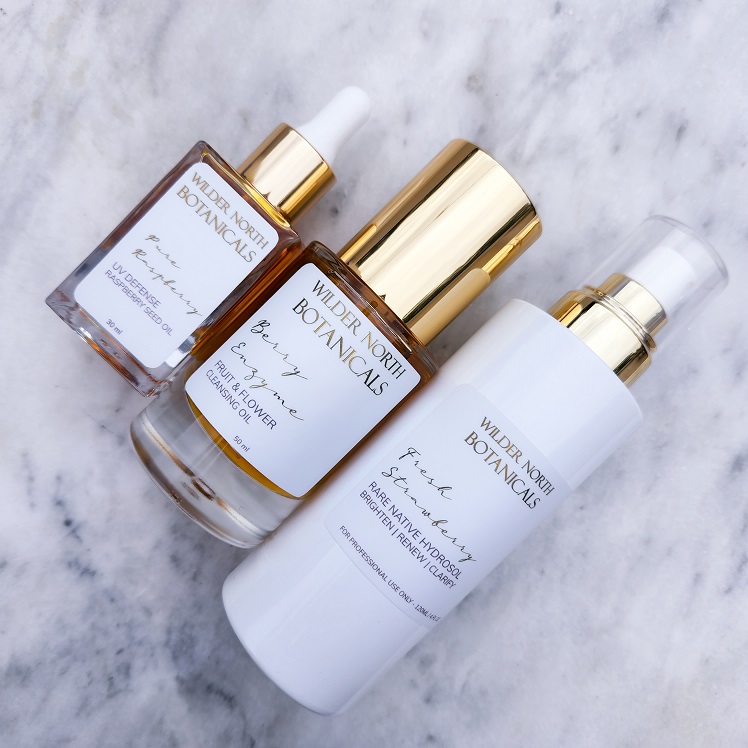

Retinoids - The Instant Fix, Long Term Cost
Retinol or Retinoids are a vitamin A derivative. They used to be only prescribed, but are now available over the counter to help with signs of aging and acne flare ups. It's known to speed up cell turnover/exfoliation and promote collagen production, which can reduce the appearance of lines and plump the skin. These benefits sound great, but there's a downside, retinol causes irritation, redness, peeling and inflammation. It also makes your skin more sensitive and susceptible to UV rays and environmental pollution. According to an interview with Dr. Sara Palmer Hussey, "Studies seem to show that they improve the appearance of wrinkles, but this could be as a result of the micro-inflammation and accelerated healing provoked and we have yet to see the long-term cost to the skin," - Link
You're essentially adding stress to the skin, which manifests as short term improvement but is detrimental over time. You know that I'm all about healing and nourishing skin, not stressing it out! Let's skip the retinol!
Alcohol - Counterintuitive
Alcohol is drying, plain and simple. If you're using a toner or hydrating mist that contains alcohol, it's probably causing excessive drying and irritation. You might think a bit of alcohol would dry a pimple right up, but you'll be exacerbating the inflammation and redness and inhibiting your skin's natural ability to heal. We don't want to wipe out all of our microbiome's beneficial bacteria that we need for a healthy barrier.
A BETTER ALTERNATIVE: Wilder North, Cedar Forest Hydrating Mist

Emulsifiers & Solubilizers - Barrier Destroyer
Emulsifiers and Solubilizers are ingredients that combine oil and water, often in lotion, hair conditioner or cleanser formulations. The only difference between the two is that a solubilizer is for disolving oils in water(like disolving essential oils into a mist). But have you ever used a cleanser and then experienced that dry, tight feeling when you get out of the shower? Emulsifiers & Solubilizers don't stop at the ingredients they are mixed with, they also emulsify your skin lipids(oils) with the water you use... so you're basically washing your skin's natural moisture barrier down the drain. On top of that, they leave your skin more susceptible to any other harmful or irritating ingredients within the cleanser.
We don't use any emulsifiers or solubilizers in any our products and instead choose to keep our waters and oils separate. We find that skin loves them applied separately. Not sure if these are in your product? Look towards the end of your ingredient list for the words you don't recognize, google them and it will tell you if its one of these.
A BETTER ALTERNATIVE: Wilder North, Coconut Chamomile Powdered Cream Cleanser
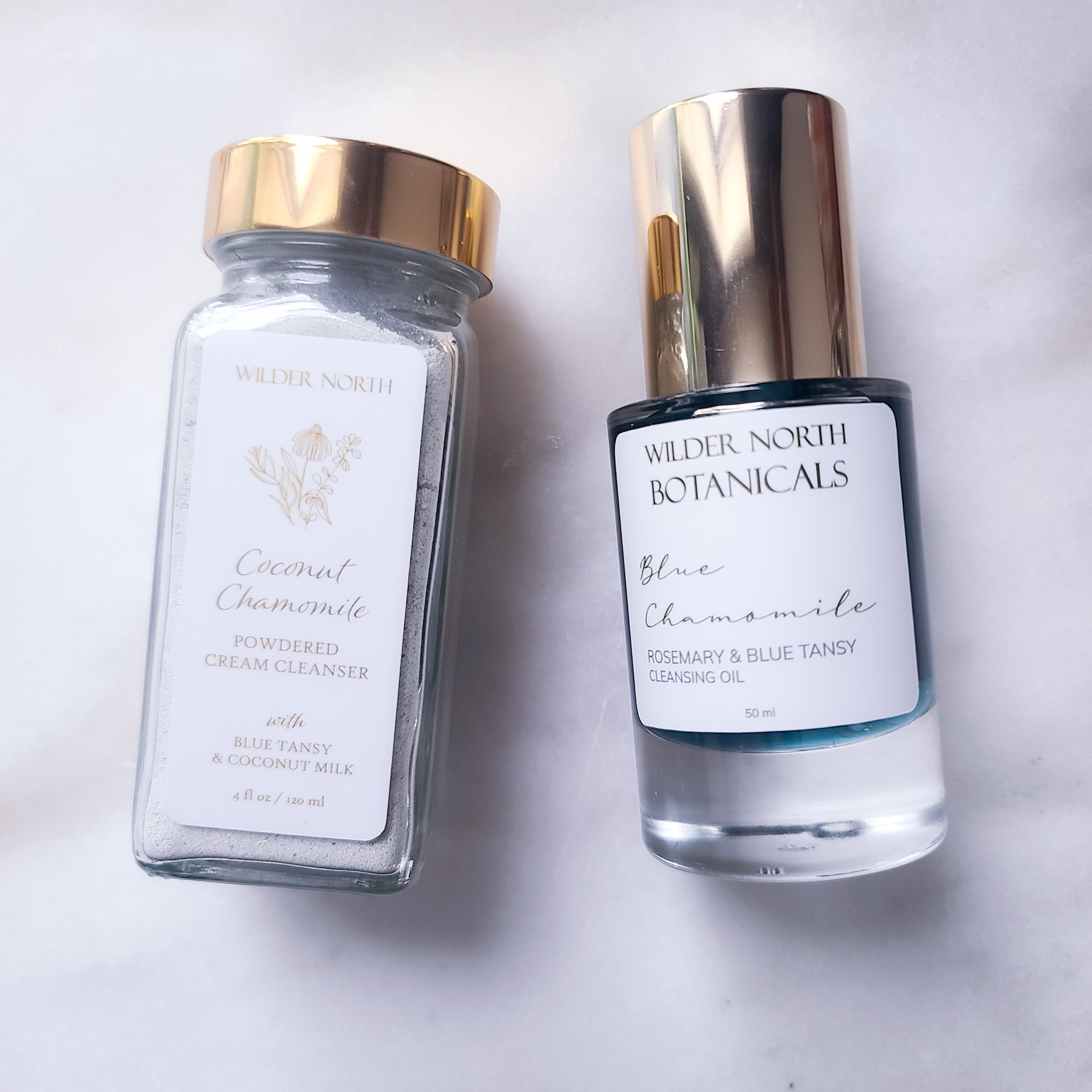
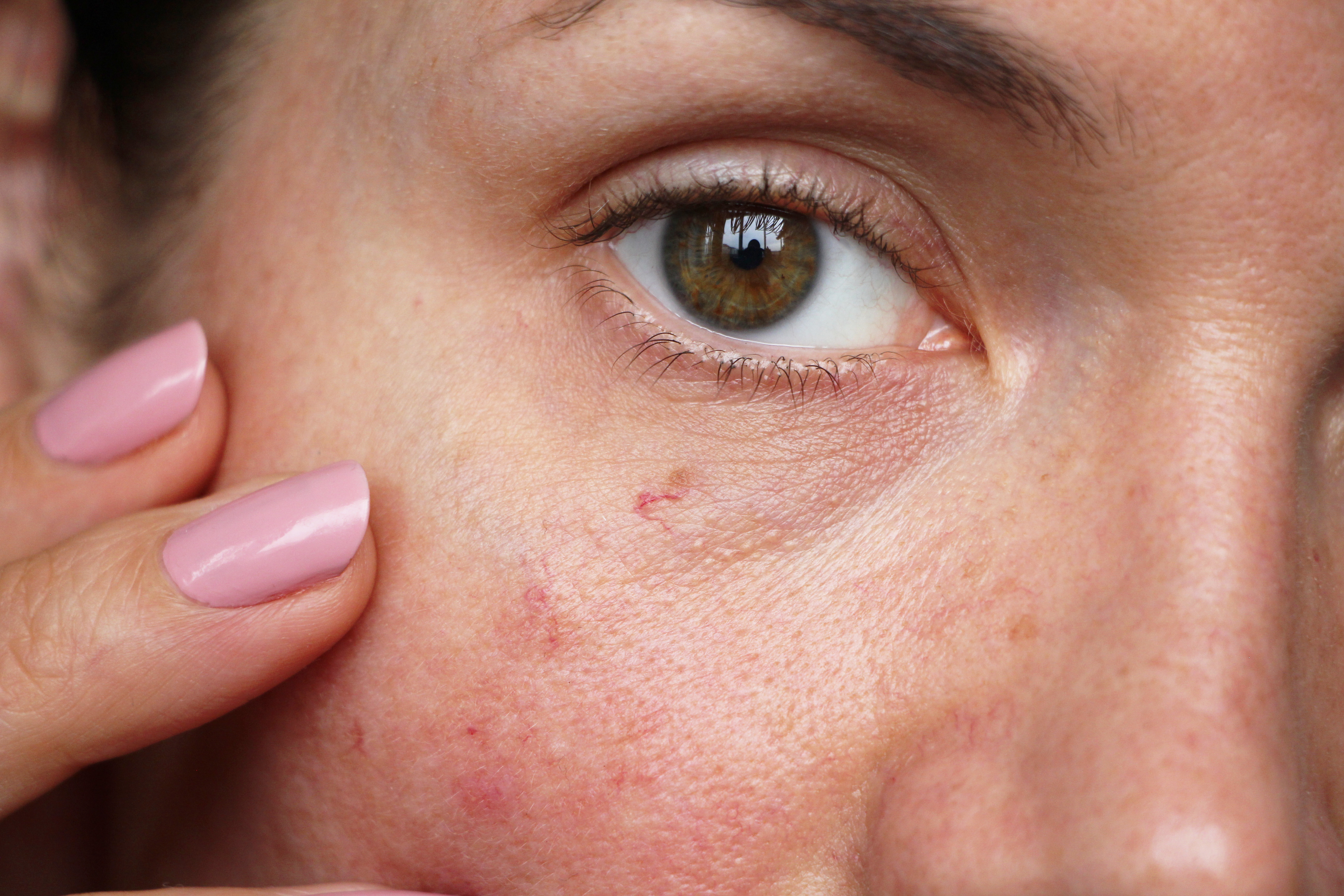
Surfactants - Overly Aggressive
Surfactants are a primary cleansing agent in cleansers and detergents, they are what envoke the activity of foaming reaction on the surface of your skin, pulling away dirt ect. They basically alter the surface tension between to fluids. Some brands claim that you need a surfactant in an Oil Cleanser in order for the product to "clean" skin. This is simply not true. "Cleaning" is just a term to indicate something is free from dirt, and doesn't dictate the method. Well there's more than one method to remove dirt from skin. We prefer the theory of "like attracts like": pure oils massaged onto skin will attract your skin's oil and the dirt trapped within, then the warmth of a washcloth gently softens and removes those oils.
Surfactants can damage your skin's barrier function and cause inflammation. It can also increase your skin's PH which can make skin dry and itchy or cause breakouts. Skip them, we don't need them, your skin will be healthier without!
A BETTER ALTERNATIVE: Wilder North, Blue Chamomile Cleansing Oil
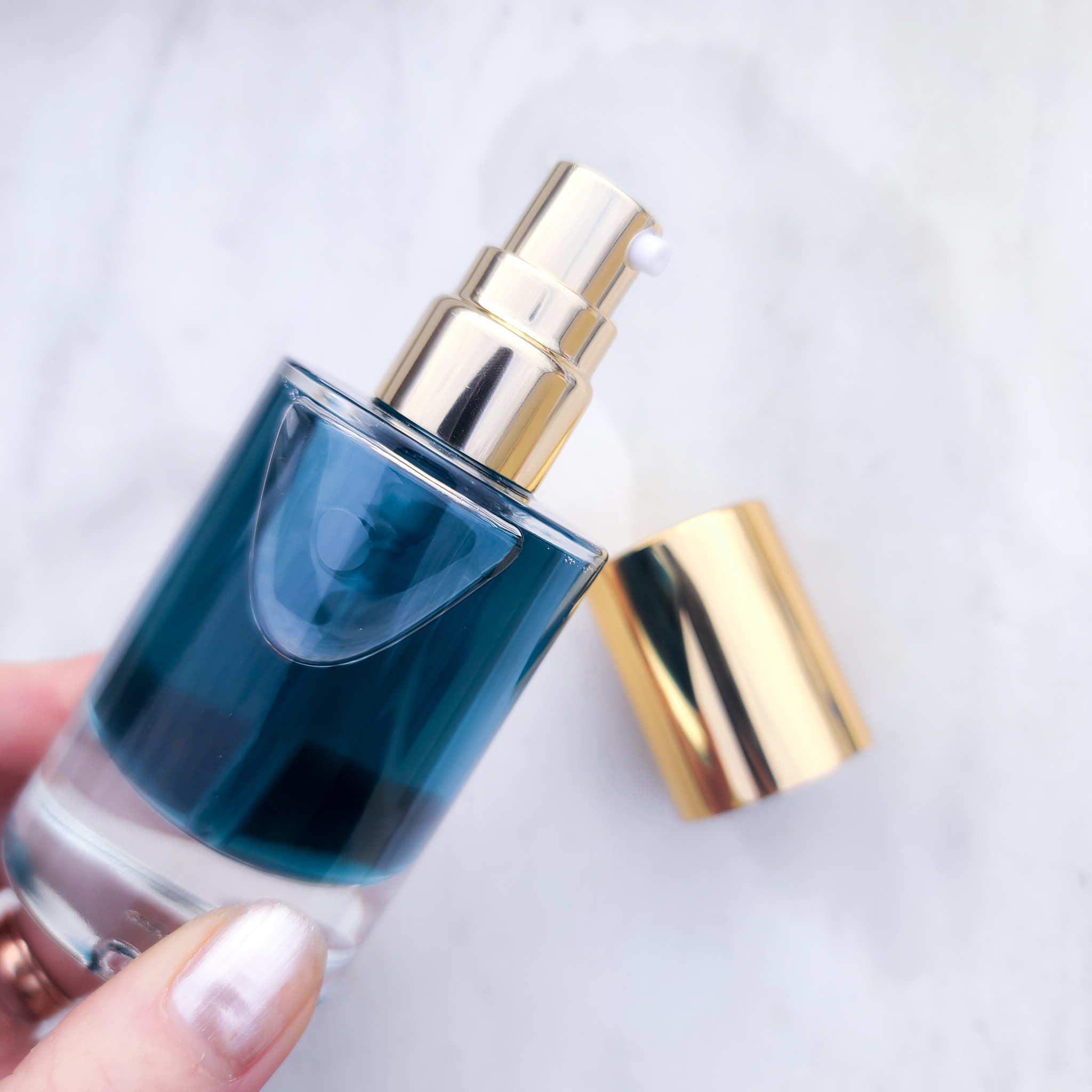
Artificial Fragrance - Mysteriously Toxic
(aka Parfum)
The problem with the word "fragrance" is that we don't actually know what it is. Cosmetic manufacturers are not required to disclose what fragrance is made up of because these recipes are considered "Trade Secrets". The FDA states that "fragrance" is a combination of ingredients that give a distinct scent. Thanks FDA, that's helpful. "fragrance" is usually a proprietary blend of chemicals, many of which are linked to serious health problems such as cancer, reproductive and developmental toxicity, allergies and sensitivities. Can you give informed consent if you don't even know what these are made from? Nope. We won't use them in our products, ever. More info here
A BETTER ALTERNATIVE: any Wilder North product formulated with a low dilution of essential oils!
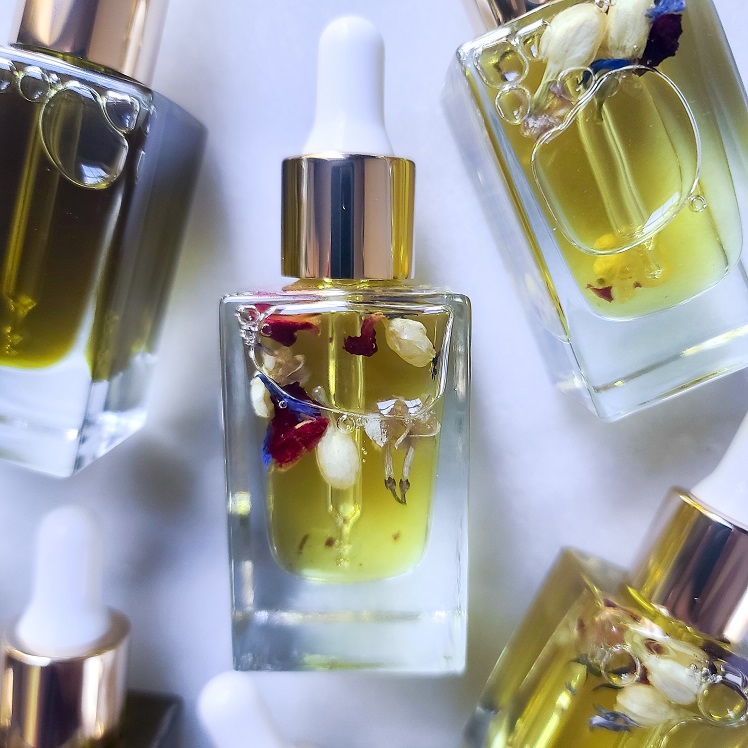
Preservatives - They have a time & place
I'm not going to say that all preservatives are bad, after all, they do keep us safe from microbes that can cause life threatening infections. While most conventional preservatives come with hefty warnings such as endocrine disruption or possible carcinogens, there are more natural options. I haven't found many natural preservatives that I feel passionate about testing. Many can cause skin irritation and that truly defeats the purpose of our products.
Formulations made with water need a preservative in most cases because microbes and mold grow easily in water.
We intentionally formulate products that do not need major preservatives. There's only one natural preservative we will use, and it's called Leucidal Liquid, otherwise known as "Radish Root Ferment Filtrate". We use this in most of our Hydrating Mists to make sure they stay fresh for 3 months or longer. But it's just a precausion because we handle all of our mists with clean gloves, sanitized equipment and packaging. Have you ever seen the cloudiness or tiny particles in our mists? That's the Leucidal Liquid. Our Oil and Honey Based products do not need a preservative and are not intended to come into contact with water.
Here's another great resource to learn more about dirty cosmetic ingredients: https://davidsuzuki.org/queen-of-green/dirty-doze...
Did I get anything wrong? I'm always open to learning and growing, if you think I missed a big point or have something incorrect, email me so I can research, make changes and inform our community!

